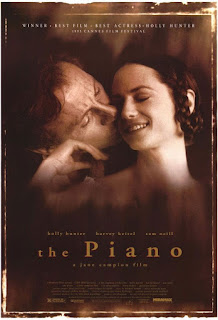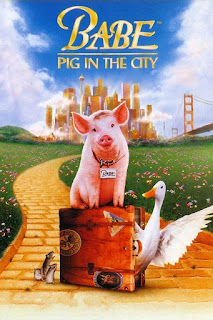March 30th: THE NINTH CONFIGURATION (William Peter Blatty, 1980)
At a remote psychiatric hospital for Vietnam veterans, a new director arrives who harbors secrets of his own.
William Peter Blatty began his Hollywood career writing scripts, mostly comedies, including those for director Blake Edwards (the Pink Panther films, Daring Lili). Concurrently he worked on his own novels, and his 1971 religious-themed horror story The Exorcist was an enormous best-seller, with its film adaptation (1973) one of the year's biggest hits, also winning Blatty an Oscar for his screenplay.
Blatty next used his newfound clout to move forward with an adaptation of his 1966 novel Twinkle, Twinkle, "Killer" Kane, which he had tried to make with Exorcist director William Friedkin prior to that film. In the interim, Blatty had re-written the novel and published again under the new title The Ninth Configuration. After shopping the project around to various studios, he opted to partially self-fund it, ensuring creative control including his spot in the director's chair.
As part of a deal with Pepsi, who put up the rest of the money, Blatty agreed to shoot the film on location in Hungary, with additional work done in Austria and Germany. Behind the camera was British cinematographer Gerry Fisher (Highlander, John Huston's Wise Blood).
The cast includes Pulitzer Prize-winning playwright and actor Jason Miller ( known best for his debut screen role as Father Karras in The Exorcist), Ed Flanders (TV's St. Elsewhere), Scott Wilson (In Cold Blood, The Right Stuff), Stacy Keach (Fat City, American History X), Robert Loggia (Big, Scarface), and Moses Gunn (Shaft, The Never Ending Story).
Blatty's unconventional film includes much overlapping dialogue, including some ad-libbing by the actors. Similar to The Exorcist, there are existential themes about the nature of good and evil and other theological/philosophical questions. The absurd comic farce slowly gives way to something more serious and disturbing.
The film received mostly positive reviews, but had trouble finding an audience. It received three Golden Globe nominations for Best Film, Best Supporting Actor (Wilson) and Best Screenplay, with Blatty winning the award for the latter. Ten years later he would write and direct The Exorcist III, based on a loosely-connected novel and featuring many of the same actors and crew members.
Running time is approx. 2 hours.










Comments
Post a Comment